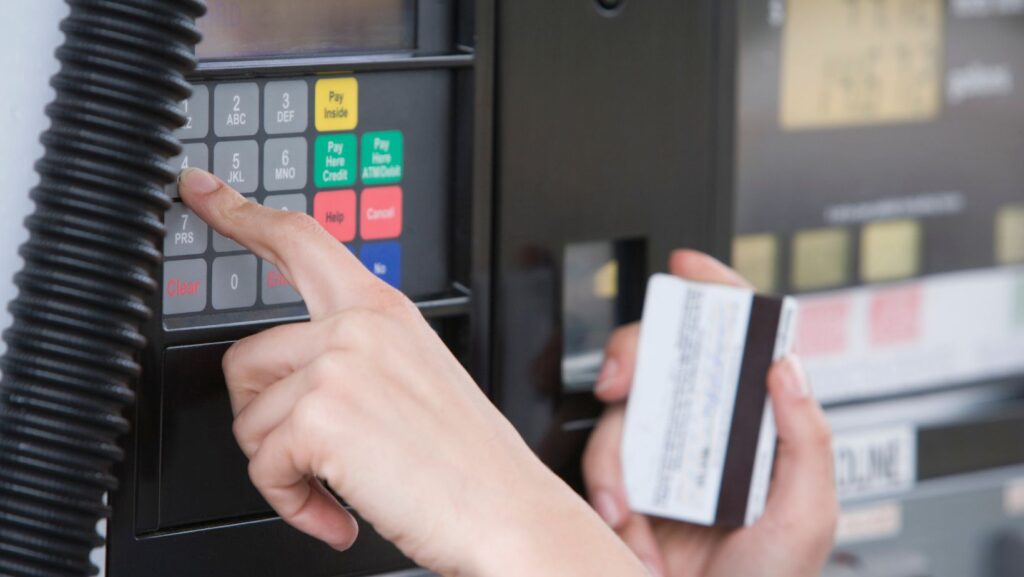In 2025, fleet efficiency isn’t just about optimising routes or choosing fuel-efficient vehicles. It’s about intelligent data-driven operations, and fuel card management services are at the centre of this transformation. These services, once viewed as basic payment tools, have evolved into powerful platforms that help businesses streamline operations, monitor spending in real time, and make smarter, faster decisions.
The Changing Nature of Fleet Management
For decades, fuel costs have been one of the most significant and unpredictable expenses for fleet operators. While telematics and GPS tracking have advanced how fleets are monitored, fuel consumption has remained a complex challenge to control. The latest generation of fuel card management services integrates seamlessly with broader fleet systems and delivers insight beyond receipts and pump prices.
Modern platforms collect transaction data, link it to vehicle activity, and flag anomalies immediately. They are equipped to detect suspicious behaviour such as out-of-route refuelling or frequent top-offs, helping managers respond to inefficiencies or misuse before they become costly problems. This proactive oversight is critical in an environment where operational margins are tighter than ever.
Centralised Control and Real-Time Visibility
One of the key benefits of today’s systems is the ability to centralise fuel spending across the entire fleet. Instead of relying on drivers to manage receipts or reimbursements, fuel card data is automatically logged, categorised, and integrated with accounting tools. This not only reduces administrative overhead but also significantly improves reporting accuracy.
Fleet managers can access dashboards that show real-time fuel consumption trends by vehicle, region, or driver. These insights allow decision-makers to identify patterns and address issues quickly, whether it’s a vehicle underperforming on mileage or a specific route draining resources.
Enhanced Security Without Slowing Down Operations
Fuel fraud remains a persistent issue in fleet operations. However, AI-powered alerts and geolocation tracking built into fuel card systems make it harder for fraud to go undetected. Cards can be locked to specific drivers or vehicles, used only during authorised hours, or limited to certain fuel types or locations.
These controls are designed to maintain security without adding friction to the driver’s workflow. Drivers don’t experience delays at the pump, and back-end updates can be made instantly. It’s a practical balance that supports both operational needs and risk management.
Supporting Environmental Goals Through Smarter Fuel Use
Efficiency isn’t just about saving money. It’s also about sustainability. With stricter emissions targets and growing pressure to reduce fleet carbon footprints, fuel card management platforms provide valuable data to support green initiatives. Businesses can track fuel consumption over time, monitor idling, and evaluate which parts of the fleet could transition to hybrid or electric vehicles.

Some services now include carbon tracking as a standard feature. This allows fleets to report on sustainability efforts more transparently and meet environmental requirements more effectively. For logistics companies working with corporate partners or government contracts, this type of data is becoming increasingly essential.
Looking Ahead: Integration, Automation, and Predictive Insights
As 2025 progresses, the line between traditional fleet tools and data platforms continues to blur. Fuel card management services are now being integrated with maintenance scheduling, route planning, and driver performance systems. This convergence is creating opportunities for predictive fleet management, where systems can suggest the most fuel-efficient routes or detect when a vehicle may need servicing based on fuel data.
These systems are also adapting to support multiple fuel types, including diesel, petrol, EV charging, and even hydrogen. As fleets diversify, flexible and scalable platforms will be key to long-term success.
Fleet management in 2025 requires clarity, adaptability, and real-time decision-making. Fuel card management services have quietly become central to this evolution, offering fleet operators the tools they need to stay competitive, efficient, and responsive in a rapidly changing industry.




